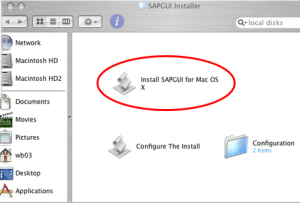

The "Compact" density is a feature of the "Customize toolbar" view which is currently fairly hard to discover However, I think that this is a mistake, and is unlikely to please users - I think it is interesting that the context of this story seems to serve implementers rather than users who use the product ("we have to make difficult scope decisions to ensure Firefox remains simple to use and simple to maintain"). I think it is great that the team wants to ensure that Firefox continues to feels fresh and up-to-date, even though in many ways competitors are still catching up to Firefox (Chrome is now working on a scrollable tabstrip, for example). Team, this bug was linked from a nightly build discussion thread elsewhere on the web, and I read this with surprise:

Current users on "Compact" density migrate to "Normal" density Inside the "Customize toolbar" view, remove "Compact" from the density selector We decided to focus on 768 pixels as the minimum height we want to optimize for and the new Proton tabs and address bars account for 92 pixels height, therefore leaving 88% of screen height available for the users in our worst case scenario of 768 pixels height.įor clarity we retain the "Touch" density for accessibility reasons on touch devices. 6.7% of "Other" (headless, rare resolutions. 61.6% of users run more than 768 pixels height (increase over time) 31.7% of users run 768 pixels height (decrease over time) Here are details from the hardware report on Firefox display resolutions ( ): We want to make sure that we design defaults that suit most users and we'll be retiring the compact mode for this reason. The "Compact" density is a feature of the "Customize toolbar" view which is currently fairly hard to discover, and we assume gets low engagement.

With the Proton redesign (refresh of the Firefox UI), we have to make difficult scope decisions to ensure Firefox remains simple to use and simple to maintain.


 0 kommentar(er)
0 kommentar(er)
